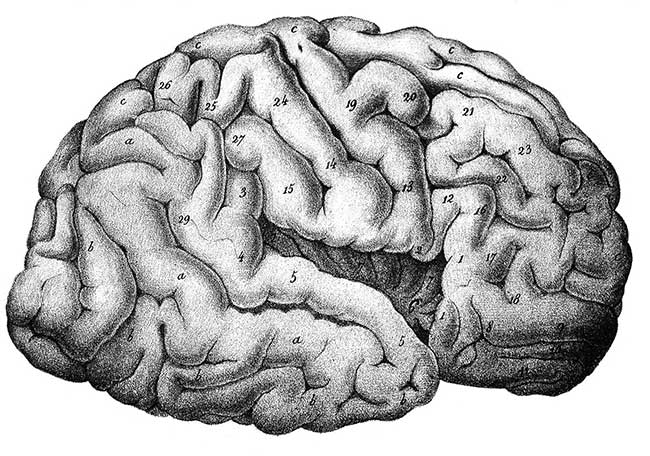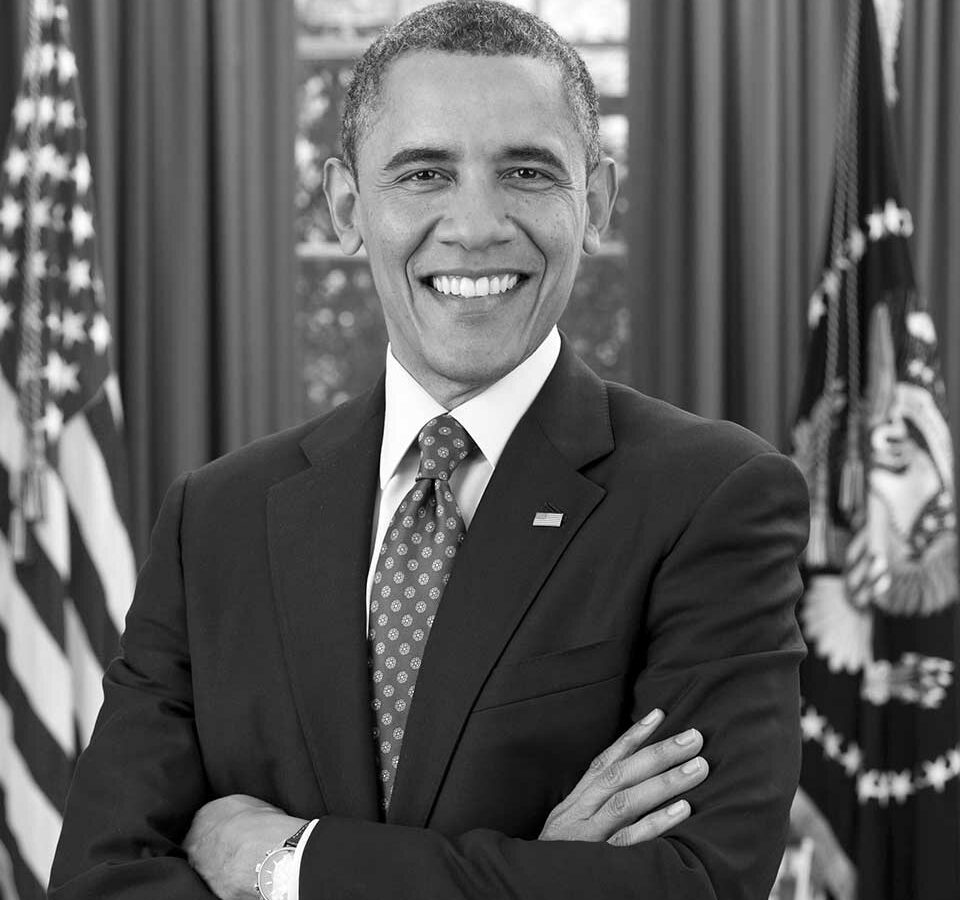In the past, if you were born into privilege, you lived your whole life in privilege, no matter how bad or lazy a person you might be.
If you were born poor, on the whole you stayed poor, notwithstanding how bright and hardworking you were.
But now we live, we are often reminded, in something called a meritocracy. This is a modern, democratic society in which people can flourish on merit.
Merit comprises a combination of intelligence, talent and willingness to work hard. Those born into humble circumstances can, on the strength of their merit, rise in society.
On the other side of the coin, an individual born into wealth and advantage can slide down the social scale if they lack or fail to apply sufficient merit.
In the past, it was the accident of your birth rather than any talent or intelligence you might have that mattered. In modern societies, with universal education, equal opportunities and equal rights, no entrenched privilege can stand in the way of succeeding on merit.
Meritocracies have been praised by Tony Blair, Bill Clinton, Theresa May,
Hilary Clinton and Barak Obama among many others.
In 2016, May stated: “I want Britain to be the world’s great meritocracy.” In the same year, Hilary Clinton said of American society: “I want this to be a true meritocracy. I’m tired of inequality. I want people to feel like they can get ahead if they work for it.”
So far, so great. Who wants to argue against the idea of a society in which merit wins through, rather than inherited wealth and privilege?
Satirical origin
Yet what each of these leaders failed to realise was that the word meritocracy was invented for satirical reasons by British sociologist Michel Young in his 1958 book The Rise of the Meritocracy.
The book imagined a Britain in 2034 (then 76 years distant) where unrest is stirring among the uneducated classes (many of them in northern and Midlands towns) against the elite, intellectually gifted class. The revolt is led by the Popular Party.
Young saw two problems in a society ruled by the idea of merit, which means in effect that power resides with those deemed most intelligent.
First, a society based on intellectual merit alone simply creates a new, equally unjust class system to replace the old one, which oppresses the uneducated or “intellectually dull”, who become the lowest social class.
He referred to intellectually gifted people as members of the “lucky sperm club”, no more entitled to automatic privilege than the children of aristocrats.
Second, the new meritocracy will contain within it the seeds of the old system of privilege.
Those from families that gained privilege in the past will find ways of coming out on top in the new society.
Think of wealthy parents who game the system to get their children into top private schools, elite universities and the professions.
Indeed, Young foresaw the new system of merit would be worse than the old one because those who succeeded in it through privilege would delude themselves that they had succeeded through merit, and would therefore have an overweening sense of entitlement and self-worth. We can all probably name a few.
A slew of recent books have taken up a position against meritocracy – until recently seen as an unarguably good way of organising society – and made the point that many of Young’s predictions are coming true.
These include Michael Sandel’s The Tyranny of Merit and David Goodhart’s Head Hand Heart, both published in 2020.
However seductively just and fair the idea of a meritocracy might seem, it has deep roots in eugenicist thinking
Sandel has argued that not only have the already privileged been quick to learn how to play the system and entrench their privilege, but also those who do not succeed in life or feel that they have not succeeded come to see themselves as failures and, worse, personally responsible for failing.
It’s your fault
If you are told by Barak Obama or Bill Clinton that you will get ahead if you are smart and work hard enough and you then fall behind, what does that say
about you?
Goodhart has argued that we attach disproportionate importance to jobs that require intellectual abilities (head), and look down on and disparage work that involves manual labour (hand) or caring skills (heart).
Both argue that all this has caused the resentment among many working-class people, who have been influential in the election of populist leaders such as Donald Trump in the US and the outcomes of the Brexit referendum in the UK followed by the 2019 election.
Brexitland, an analysis of voting patterns in the 2016 referendum by political scientists Maria Sobolewska and Robert Ford, revealed that the most significant divide between Remain and Leave voters was between graduates and those who had left school without going on to higher education.
As Labour shadow minister Lisa Nandy has commented, this led to the conclusion by many of the well-educated people who voted for Remain that people who voted to leave “were just too stupid to understand the question”. This, in Nandy’s words, quoted in Sebastian Payne’s book Broken Heartlands, “is deeply offensive and completely wrong”.
Young’s 1950s imagined vision of a revolt against the educated elite led by the Popular Party and located in working-class areas has started to seem eerily farsighted.
Ultimate outsiders
What none of these writers or commentators has noted or probably even been aware of is that there is an intimate relationship between the idea of a meritocracy and the historical devaluation of people with learning disabilities.
However seductively just and fair the idea of a meritocracy might seem when we first encounter it, it has deep roots in eugenicist thinking.
In a meritocracy, people with learning disabilities are by definition the ultimate outsiders because they lack the very thing – our idea of intelligence – that enables you to have any form of status or foothold in society.
If there is a category of person who simply cannot display or acquire what we choose to call merit, then what is their place in a meritocracy? The answer is that there is not even a place at the bottom for them – there is effectively no place at all.

A society based purely on a certain type of brain power creates a new, equally unjust class system
When people with learning disabilities were dispatched to mental deficiency colonies (later mental handicap hospitals) throughout most of the 20th century, where they were expected to linger from childhood to death, the eugenic message was precisely that – there was no conceivable place for them in society.
Because they were considered to lack intelligence, reason, will and all the other things that modern, progressive, technologically sophisticated societies valued, they could not belong. In the eyes of a meritocracy, they were without merit.
Once people with learning disabilities were effectively displaced and removed from society and as their existence began to be forgotten, the eyes of the meritocrats fell on new victims.
Nobel-prize winning physicist George Thomson wrote a book called The Foreseeable Future in 1957, which fretted about “the future of the stupid”.
Those who succeeded would delude themselves they did so through merit, and have an overweening sense of self-worth. We can all name a few
With growing mechanisation, supermarkets replacing shops and the possibility of artificial intelligence, what jobs could those he called the “definitely stupid man, or even the man of barely average intelligence” do in future?
Maybe, he wondered, they could look after the aged. A new out group was being formed – the least intelligent of those left behind, once the learning disabled had been packed off to institutions and forgotten about.
These attitudes have survived and fuel many of the resentments that poison our political discourse today.
The wrong intelligence
Our problem is that we prize a particular type of academic intelligence above all else, and we shower rewards on those who are lucky enough to have it. The obverse is that, often unconsciously, we punish those who do not have it.
Of course, we need such intelligence – it gives us many of the great things from the world of science, technology, culture and so on that enhance our lives and which we value and appreciate so much.
However, why confer power, wealth and all the honours that society can offer on those deemed intelligent, while withholding them from everyone else? Why create a situation where only people who are blessed with this form of intelligence feel they truly belong?
There is no link between intelligence and morals. There are plenty of intelligent, highly educated people who are morally deplorable, and plenty of people who would score low on an IQ test and who never read a book who are morally admirable.
So intelligence certainly does not make you a better person, even if it might make you more adept at certain things and fluent and persuasive in your speech.
I didn’t notice any professors of philosophy on the key worker lists. Yet who is given the status and the rewards?
There are many types of intelligence too. As we found during the pandemic, lowly valued technical and practical intelligence and skills kept the world going and saved us all. I didn’t notice any professors of philosophy on the key worker lists. Yet who is given the status and the rewards?
We know that many people deemed unintelligent in an academic sense, including those with learning disabilities, will show far more intelligence in emotional matters, everyday life decisions and understanding of other people than many of the academically gifted.
If we prize only a very narrow, academically defined set of abilities, then we exclude the intelligence and value of whole sectors of society.
A meritocracy in the end is bad for everyone. A society that recognises and values what every human brings to the table, and which does not hand power and reward to a narrow intellectual elite, is a happier, healthier and more harmonious place to live in.
Next time you hear praise for meritocracy, think again.





